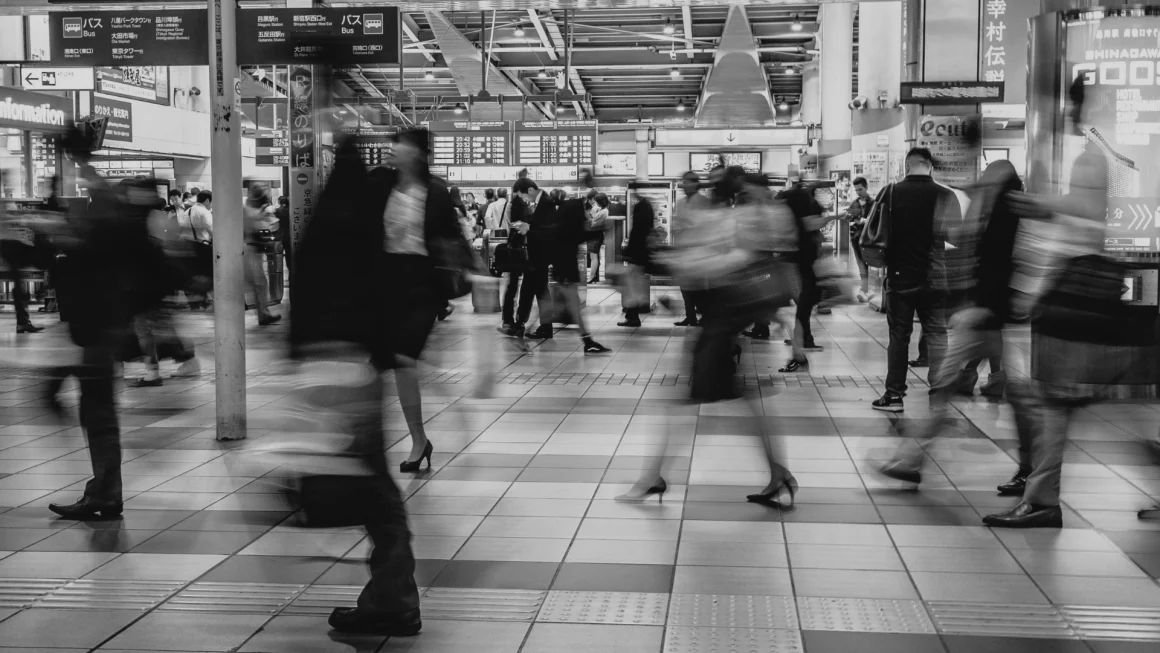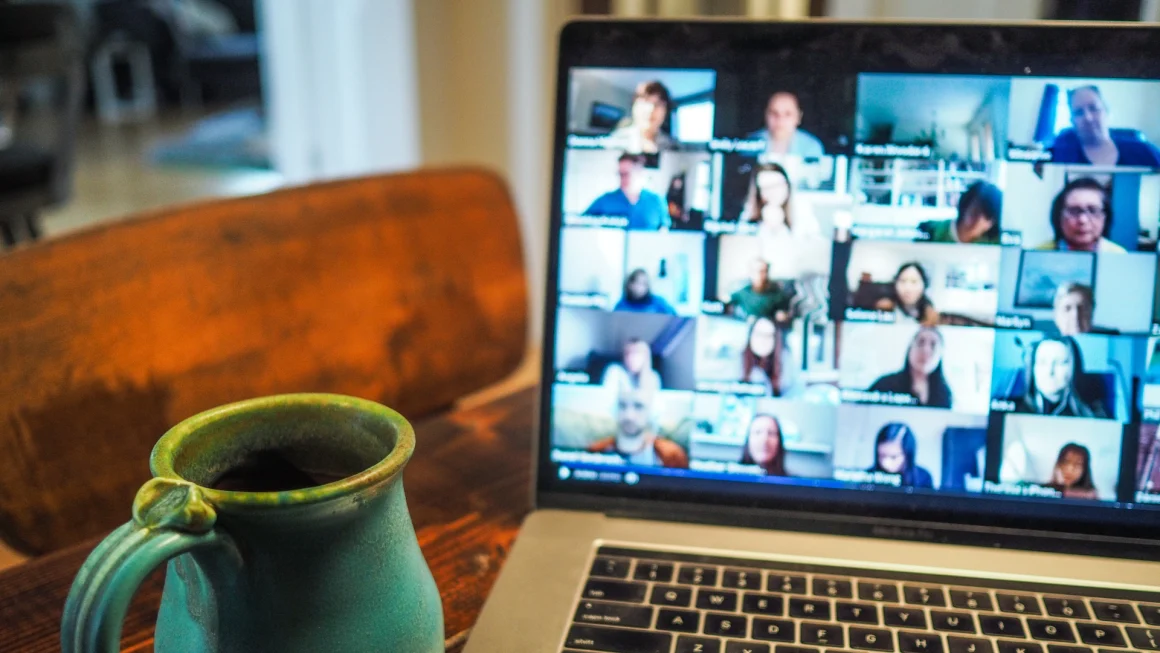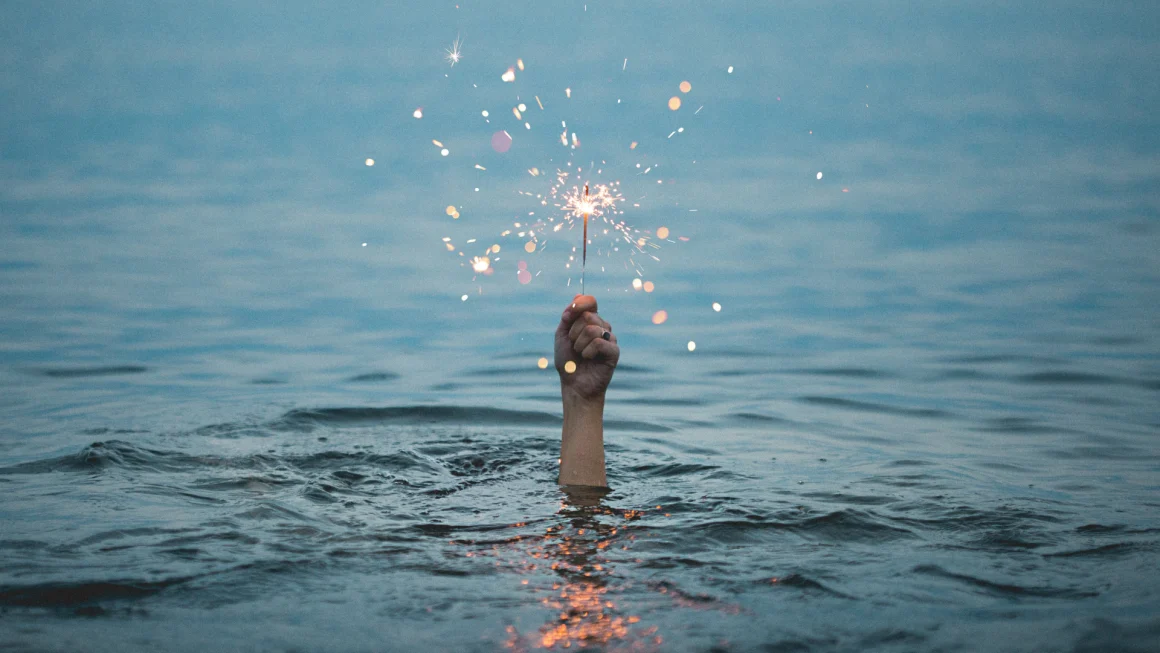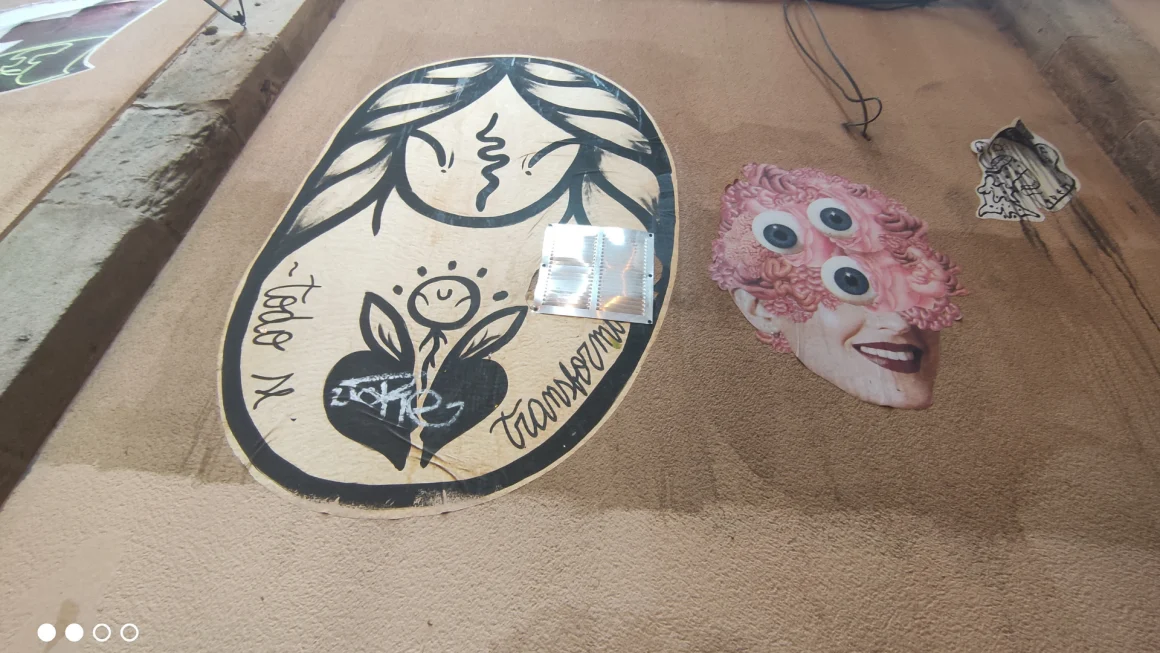COVID-19 has changed our day-to-day lives, careers and entire industries. Influencers were no exception. They have lost a (large) proportion of their income, companies suspended their collaborations and sponsorships, and paid-for press trips are being cancelled. Desperate times call of creative solutions in this game of hustle and bustle. But how ethical is influencing during a pandemic, and how do these influencers still make ends meet? And how will coronavirus influence the influencer for the foreseeable?
Fundraising
Lately, influencers have been reaching out to their followers to financially support them.
Influencer Stephania, with 30K+ followers on Instagram, has made a public Amazon wishlist to furnish her new LA apartment. “Thank you for the love, it’s my birthday”, says the subtitle of the list. It contains many luxury goods such as a silk duvet cover, a Thierry Mugler fragrance and a beamer. It is debatable whether those items are essential to furnish a house, and if that money could be spent on other initiatives, like a good cause to help fight this pandemic.
A less extreme example comes from Dutch influencer slash marketing advisor Chanel Lodik. On her feed, she addresses contemporary challenges such as media diversity, modern parenthood and the virus itself. During this crisis, she has evaluated the information she share and being cut back on the majority of her income, she has asked her followers for a donation in return for her stories — without any obligation.
The responsibility of the influencer
Fashion influencer Arielle Charnas and New York citizen received a lot of backlash from her followers and many news platforms. After testing positive for Covid-19, she and her family decided to head to the Hamptons, where they strolled around the neighborhood, neglecting self-isolation. Charnas is the CEO of (fast-fashion) brand Something Navy and continued to promote her label on her socials. She has since deleted a lot of negative comments addressing her irresponsible acts, receiving even more backlash from followers that her acts are tone-deaf and that all she cares about, is financial profit.
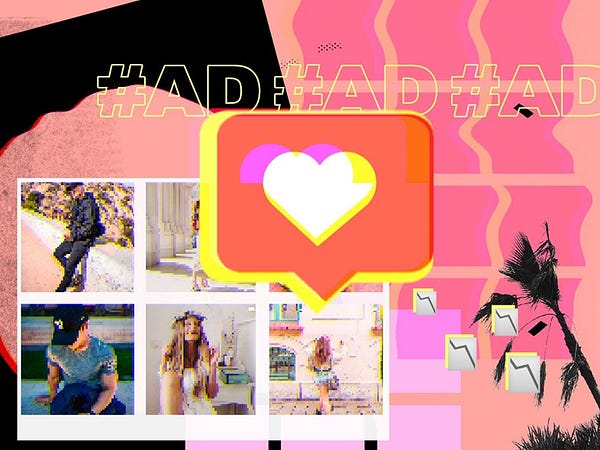
Her followers expect from her to set an example of how to appropriately act during a pandemic, accused her of not taking the situation seriously and perceiving the C.D.C guidelines as optional. Dr. Darien Sutton, an emergency room physician, uses social media to inform and educate others about the virus. He states that influencers and celebrities are obligated to set this example. There’s no unambiguously answer to the question how responsible influencers are and should be during Covid-19, and beyond. While many influencers acknowledge their responsibility, they still remain humans. They are scared and make mistakes. Sutton’s advice would be to not share behavior that counters public health messaging on social media — whether you have a thousand followers, or several million.
It also seems that the pressure to post a perfect image has faded. In this world on fire, posting a well-curated picture seems wrong and could come across as ignorant. It’s refreshing to see how many accounts are being transparent of their situation, sharing their (financial) anxiety and feelings, telling their followers it’s OK not being able to make the best of this crisis. Gen-Z and millennials salute them for it, and it’s a breath of fresh air in this industry where pictures used to communicate a perfect life. For over a month now, everyone has to stay home, and it made influencer content a little more relatable. They too sit in their loungewear all day, skip their at-home workouts and… watch TikTok pretty much all the time.
Informing while entertaining
People still need reasons to smile and have fun, and more than ever do they rely on social media to fulfil that need. Here’s where TikTok comes along as a form of escapism and lightness. A quick disclaimer: it’s highly addictive and it will distract you from just about anything ;). Since staying home and self-quarantining is becoming a new normal, social media is our way of communicating with the outside world.
Fun, at home challenges are being coined on TikTok, such as the Distance Dance by fifteen-year-old Charli D’Amelio. In a 15-second video, the most followed TikTok star danced to the song ‘Big Up’s’ by Jordyn and Nic Da Kid Ft. Ying Nnelg. The lyrics remind you to stay calm and focused, an important message in this crisis. She encourages you to dance along, and it also appears to be a fundraising campaign for organizations that are serving populations that have been seriously impacted by the pandemic. It seems a perfect storm: entertaining while engaging. The fast-growing platform is full of informative videos and messages about the virus, its effects and how to properly engage yourself. Stories are being shared on how the virus has affected their lives as well as helped to create a community amid this pandemic.
How a virus influences the influencers in the near future
In the end, we all need purpose. Gen-Z needs purposeful initiatives and companies in return for their trust. They need honesty, and because of Covid-19, some influencers have shown their true colors. Ugly shades of tone deafness, but also vibrant ones of selflessness. When the advertiser market picks up again, will the millennial still be interested in a haul of a fast-fashion brand, while a humanitarian crisis unfolds in Bangladesh? Perhaps the influencer will gain a bigger sense of responsibility in the future.
Coronavirus has sharpened the values of companies and influencers and how important it is to use your influence, power and outlets for the greater good. And while this pandemic has done major damage to individuals, families and industries, it is pretty amazing how our own values are shifting and, in this world of abundance, clearly see what really does matter.
How are you coping during this pandemic, and how is your relationship with influencers in this reality?
A point in the right direction: other great initiatives powered by influencers during the COVID-19 crisis
1. Rachel Nguyen made DIY face shields out of plexiglass and foam and donated them to her local LA hospital.
2. #LetHopeBloom: an initiative that was spread by Dutch influencers to boost local florists and symbolizing the flower as hope.
3. #TheMindfulMovement:a campaign on TikTok and Instagram that focuses on consumers’ mental health, suggesting ideas for books, exercises, apps and creative project to embark on during this crisis.

